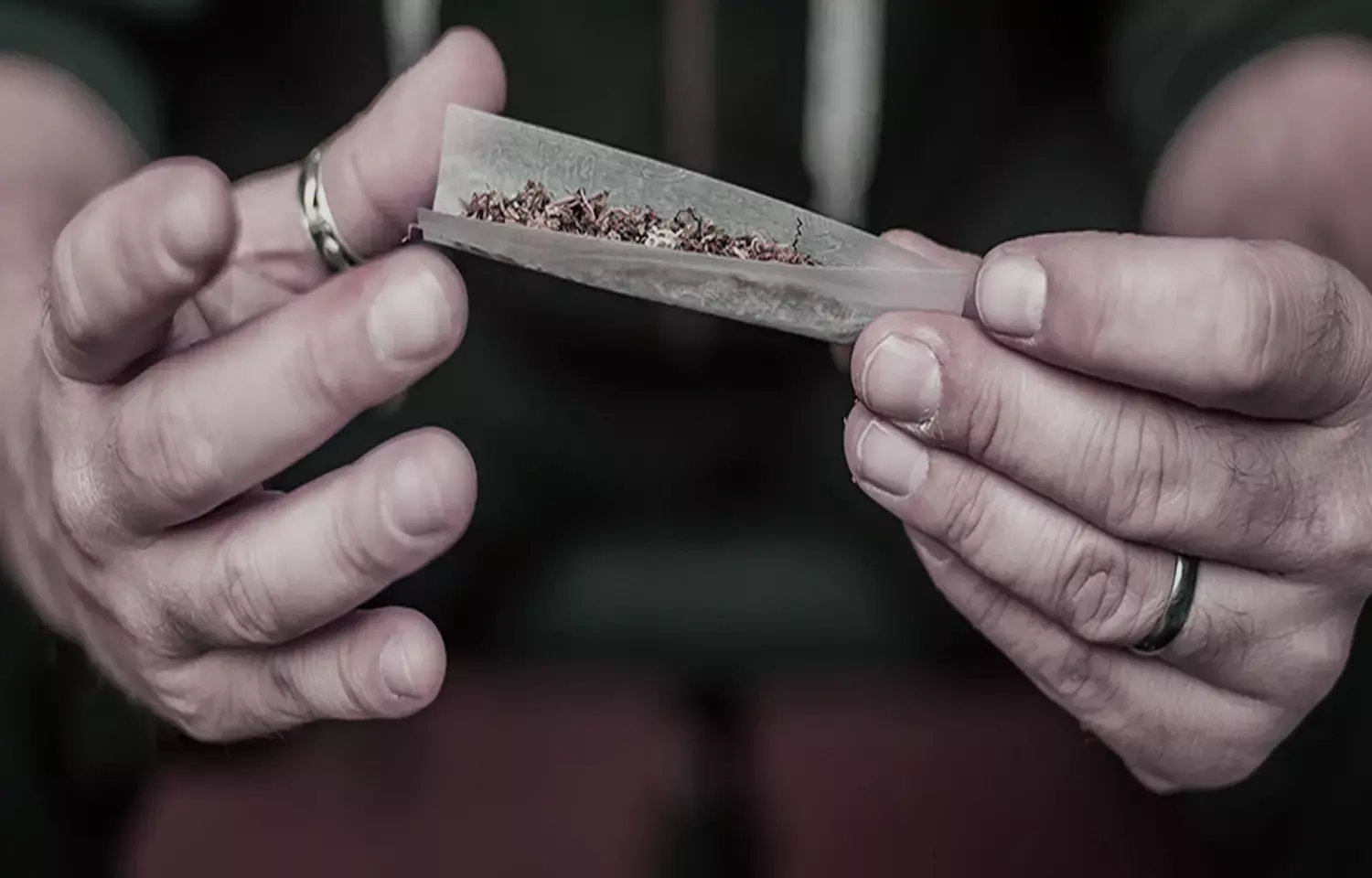- Home
- Medical news & Guidelines
- Anesthesiology
- Cardiology and CTVS
- Critical Care
- Dentistry
- Dermatology
- Diabetes and Endocrinology
- ENT
- Gastroenterology
- Medicine
- Nephrology
- Neurology
- Obstretics-Gynaecology
- Oncology
- Ophthalmology
- Orthopaedics
- Pediatrics-Neonatology
- Psychiatry
- Pulmonology
- Radiology
- Surgery
- Urology
- Laboratory Medicine
- Diet
- Nursing
- Paramedical
- Physiotherapy
- Health news
- Fact Check
- Bone Health Fact Check
- Brain Health Fact Check
- Cancer Related Fact Check
- Child Care Fact Check
- Dental and oral health fact check
- Diabetes and metabolic health fact check
- Diet and Nutrition Fact Check
- Eye and ENT Care Fact Check
- Fitness fact check
- Gut health fact check
- Heart health fact check
- Kidney health fact check
- Medical education fact check
- Men's health fact check
- Respiratory fact check
- Skin and hair care fact check
- Vaccine and Immunization fact check
- Women's health fact check
- AYUSH
- State News
- Andaman and Nicobar Islands
- Andhra Pradesh
- Arunachal Pradesh
- Assam
- Bihar
- Chandigarh
- Chattisgarh
- Dadra and Nagar Haveli
- Daman and Diu
- Delhi
- Goa
- Gujarat
- Haryana
- Himachal Pradesh
- Jammu & Kashmir
- Jharkhand
- Karnataka
- Kerala
- Ladakh
- Lakshadweep
- Madhya Pradesh
- Maharashtra
- Manipur
- Meghalaya
- Mizoram
- Nagaland
- Odisha
- Puducherry
- Punjab
- Rajasthan
- Sikkim
- Tamil Nadu
- Telangana
- Tripura
- Uttar Pradesh
- Uttrakhand
- West Bengal
- Medical Education
- Industry
Marijuana Use highly Linked to Addiction, Psychosis: NEJM

Though Cannabis is legalized in few countries the usage of correct dose is not known. Heavy cannabis use has adverse effects on physical and mental health. Research is needed to better elucidate the pathophysiology of these effects and develop better treatments.
A rising tide of cannabis-related mental health problems is resulting from the widespread legalization of recreational weed in the United States, warns a new evidence review.Weed use accounts for 10% of all drug-related ER visits in the United States, according to the review published recently in the New England Journal of Medicine.
Nearly one in five Americans aged 12 and older used marijuana in 2021, and more than 16 million meet the criteria for a diagnosis of cannabis use disorder, the researchers wrote.
Further, nearly half of those with cannabis use disorder have another psychiatric condition like anxiety, major depression or post-traumatic stress disorder, said review author Dr. David Gorelick, a professor of psychiatry the University of Maryland School of Medicine in Baltimore.
“There is a lot of misinformation in the public sphere about cannabis and its effects on psychological health, with many assuming that this drug is safe to use with no side effects,” Gorelick said in a university news release.
“It is important for physicians and the public to understand that cannabis can have addictive effects and to recognize signs and symptoms in order to get properly diagnosed and treated,” he added.
There are seven recognized disorders related to cannabis use, the report noted.
Some include cannabis-induced anxiety disorder, cannabis-induced psychotic disorder, cannabis-induced sleep disorder and cannabis-induced delirium. This last one manifests as hyperactivity, agitation and disorientation with hallucinations.
There’s also cannabis use disorder, which is defined as problematic marijuana use. Symptoms include craving weed and using it even though it’s wreaking havoc on people's lives, causing them to miss important family obligations or to do poorly in school or at work.
Cannabis use disorder is most common in people who use weed more than four days a week, researchers said.
Young adults ages 18 to 25 are disproportionately affected by cannabis use disorder, with more than 14% of people in this age group struggling with problematic weed use.
“Approximately one in ten people who use cannabis will become addicted, and for those who start before age 18, the rate rises to one in six,” said Dr. Mark Gladwin, dean of the University of Maryland School of Medicine.
“As use of this drug increases, we must delve deeply into basic research to understand the brain’s cannabinoid system,” Gladwin added. “We must also design translational studies of therapies that target these brain mechanisms to help those with cannabis use disorder-particularly young adults and pregnant women -- overcome their dependence on this drug.”
Heavy weed use puts a person’s health at risk in other ways as well, the paper noted.
For example, cannabis use is associated with a 30% to 40% increased risk of a car accident, researchers said.
Reference: David A. Gorelick, Cannabis-Related Disorders and Toxic Effects, N Engl J Med 2023, DOI: 10.1056/NEJMra2212152.
MSc. Neuroscience
Niveditha Subramani a MSc. Neuroscience (Faculty of Medicine) graduate from University of Madras, Chennai. Ambitious in Neuro research having worked in motor diseases and neuron apoptosis is interested in more of new upcoming research and their advancement in field of medicine. She has an engrossed skill towards writing and her roles at Medical dialogue include Sr. Content writer. Her news covers new discoveries and updates in field of medicine. She can be reached at editorial@medicaldialogues.in
Dr Kamal Kant Kohli-MBBS, DTCD- a chest specialist with more than 30 years of practice and a flair for writing clinical articles, Dr Kamal Kant Kohli joined Medical Dialogues as a Chief Editor of Medical News. Besides writing articles, as an editor, he proofreads and verifies all the medical content published on Medical Dialogues including those coming from journals, studies,medical conferences,guidelines etc. Email: drkohli@medicaldialogues.in. Contact no. 011-43720751


